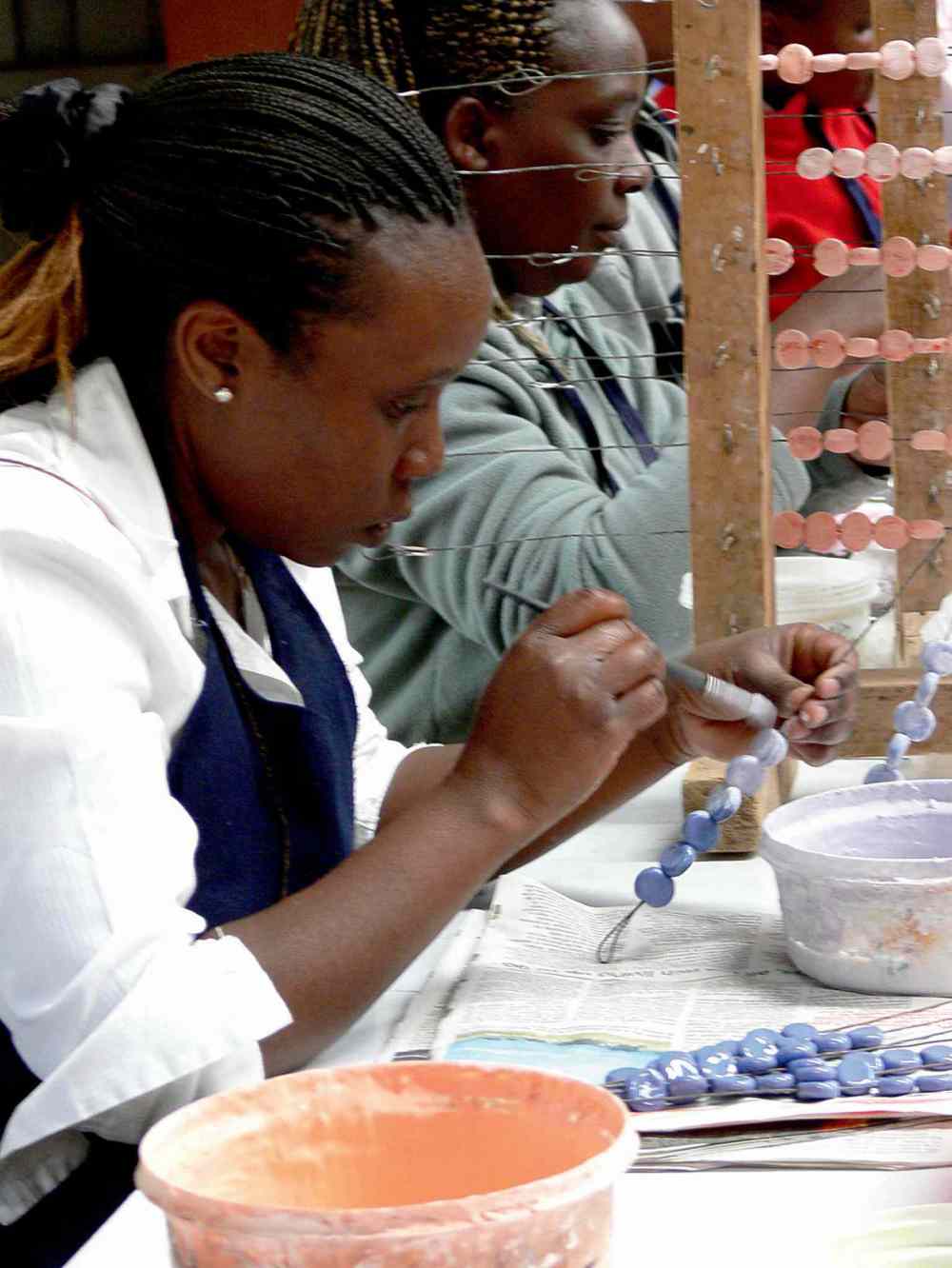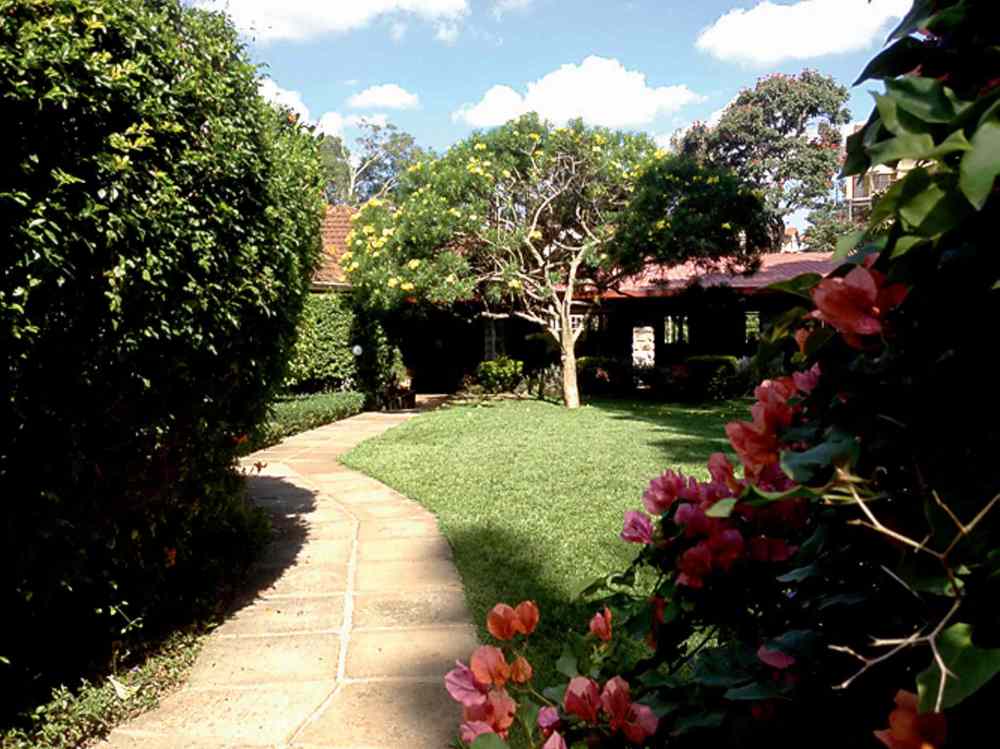An oasis of peace: Mennonite Guest House a way station for weary travellers
Advertisement
Read this article for free:
or
Already have an account? Log in here »
To continue reading, please subscribe:
Monthly Digital Subscription
$0 for the first 4 weeks*
- Enjoy unlimited reading on winnipegfreepress.com
- Read the E-Edition, our digital replica newspaper
- Access News Break, our award-winning app
- Play interactive puzzles
*No charge for 4 weeks then price increases to the regular rate of $19.00 plus GST every four weeks. Offer available to new and qualified returning subscribers only. Cancel any time.
Monthly Digital Subscription
$4.75/week*
- Enjoy unlimited reading on winnipegfreepress.com
- Read the E-Edition, our digital replica newspaper
- Access News Break, our award-winning app
- Play interactive puzzles
*Billed as $19 plus GST every four weeks. Cancel any time.
To continue reading, please subscribe:
Add Free Press access to your Brandon Sun subscription for only an additional
$1 for the first 4 weeks*
*Your next subscription payment will increase by $1.00 and you will be charged $16.99 plus GST for four weeks. After four weeks, your payment will increase to $23.99 plus GST every four weeks.
Read unlimited articles for free today:
or
Already have an account? Log in here »
Hey there, time traveller!
This article was published 24/06/2014 (4154 days ago), so information in it may no longer be current.
NAIROBI, Kenya — For missionaries and aid workers all over Africa, there exists an oasis of peace and comfort along their journey where they can rest their head and share a meal.
For 50 years, the Mennonite Guest House in Nairobi has been a way station for weary travellers on a mission. It opened in 1964 after the Eastern Mennonite Missions purchased the property from King’s African Rifles.
The Mennonite Guest House recently changed its name to Amani Gardens — Amani being the Swahili word for peace. But to the thousands who’ve taken refuge there in the last five decades, it remains the Mennonite Guest House. There’s no swimming pool, mini bar or TV in the rooms — just beautiful gardens, comfy beds and fascinating dinner companions.

A Presbyterian couple who grew up during The Troubles in Belfast and have been working since 1992 in the isolated village of Tuum, that sounds like “tomb,” drove 1,000 kilometres to visit their kids attending school in Nairobi.
A Bedouin boy who was taken in by the Kids Alive orphanage in Beirut and now runs the international organization is at the guest house while visiting its Nairobi orphanage.
New Fire for Christ missionaries play a card game on the guest house verandah while waiting for their van to be fixed. Joslyn and Richard Bloodworth, from Arizona, and fellow church member Brian Boyd, 15, are evangelical Christians anxious to get going so they can spread the gospel in Webuye, west Kenya.
(This reporter stayed at the guest house while travelling to and from Dadaab, the world’s largest refugee camp in western Kenya.)
A young woman who is the food security project manager for the Mennonite Central Committee in Burundi talks about a camping holiday in Bukavu, Democratic Republic of Congo — reportedly the most dangerous place in the world to be a woman. Aid workers, she said, see a different side of the places we only hear about when bad news happens there.
On the outskirts of Nairobi, Americans Doug and Corinna Clymer Olson with the Mennonite Central Committee, live in Ngong, where they’re helping traditional Maasai livestock herders find a new way to live.
The Maasai tribe is struggling to adapt to new land-use rules and the unpredictability climate change has had on their livelihood — such as finding water to sustain them and their animals. “Before, you could tell when the rains start almost to the day,” a Maasai elder told Doug.
Maasai communities south and west of Nairobi, who’ve lost much of their grazing land, formed Maasai Integrated Development Initiatives and the MCC service workers are helping them.
The American couple is promoting the idea of self-help groups that improve agricultural techniques and water-harvesting.

In Kenya, the MCC has 21 partners working on 36 projects ranging from food security to education, health and peace-building. They’re helping with counselling for survivors of the Westgate Mall terror attack in Nairobi last September, for example.
The vicious assault on innocents made headlines around the world. Aid workers say smaller, good news stories in Nairobi go unreported.
Like Kazuri.
Kazuri means “small and beautiful” in Swahili and is the name of a ceramic bead factory in Nairobi. It was founded in 1975 by the late Lady Susan and located on part of the Karen Blixen estate — the setting for her book Out of Africa. It’s creating jobs for 340 women — mostly single moms. The beads and ceramic ware are exported to fair-trade customers around the world, including the MCC’s Ten Thousand Villages stores in Winnipeg. The desk clerks at Amani Gardens are only too happy to direct visitors to places such as Kazuri, that make a small and beautiful difference.
carol.sanders@freepress.mb.ca

Carol Sanders
Legislature reporter
Carol Sanders is a reporter at the Free Press legislature bureau. The former general assignment reporter and copy editor joined the paper in 1997. Read more about Carol.
Every piece of reporting Carol produces is reviewed by an editing team before it is posted online or published in print — part of the Free Press‘s tradition, since 1872, of producing reliable independent journalism. Read more about Free Press’s history and mandate, and learn how our newsroom operates.
Our newsroom depends on a growing audience of readers to power our journalism. If you are not a paid reader, please consider becoming a subscriber.
Our newsroom depends on its audience of readers to power our journalism. Thank you for your support.
History
Updated on Tuesday, June 24, 2014 7:54 AM CDT: Changes headline
Updated on Tuesday, June 24, 2014 12:17 PM CDT: Corrects that guest house has been operating for 50 years

